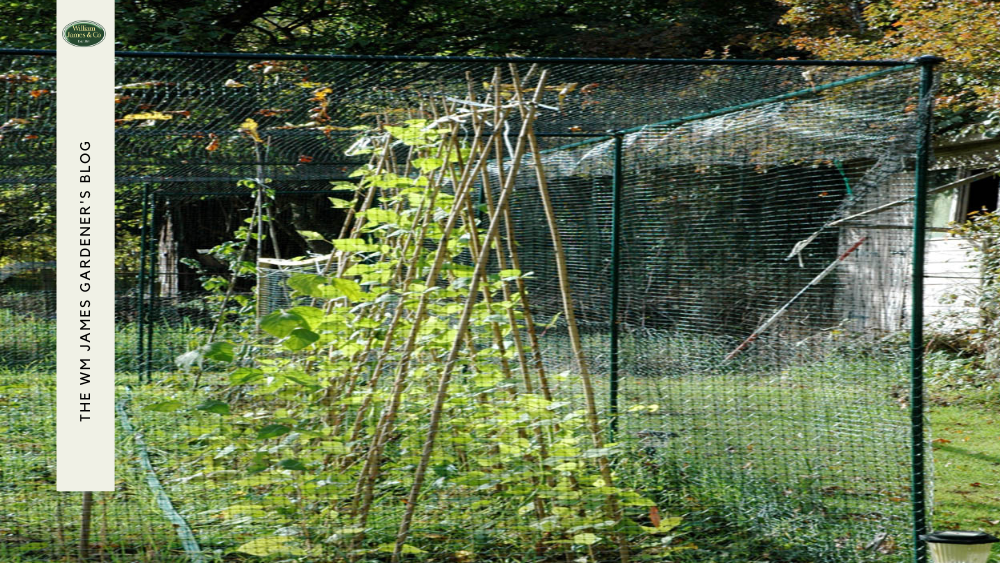We use cookies to make your experience better. To comply with the new e-Privacy directive, we need to ask for your consent to set the cookies. Learn more.
Vegetable Garden Not Producing? Try These Solutions
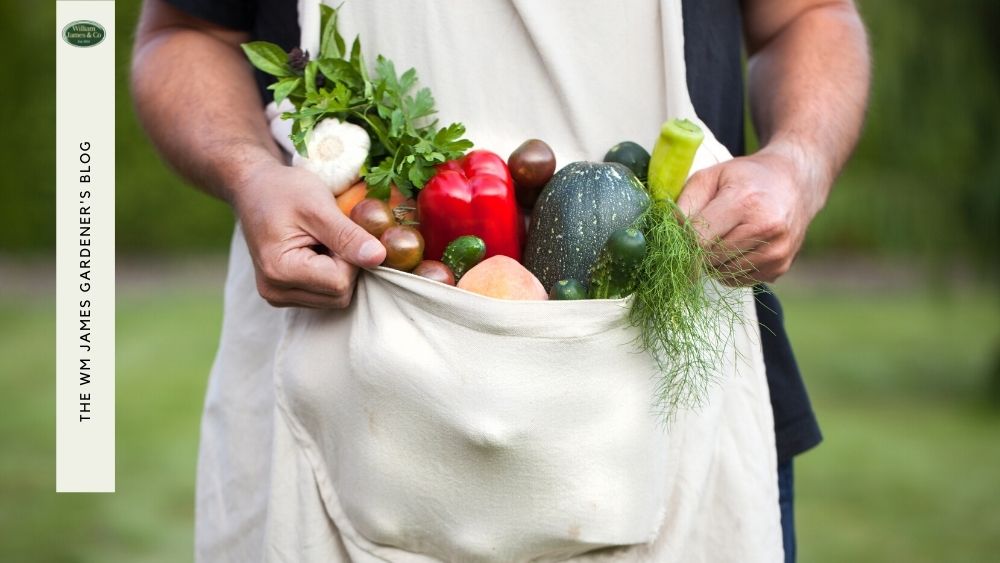
One of the great things about vegetable gardening is that you can plant and harvest all year round. From cauliflower and carrots in January to spinach and beans in July. However, it can be disheartening if your vegetable garden is not producing after putting in a lot of hard work.
If you’re having problems, fear not. We’ve racked our brains to compile a list of the most common vegetable garden problems and popular solutions. Whether it's seedlings not emerging or plants are growing too slowly we’ve got you covered.
10 Most Common Vegetable Garden Problems
| Common Vegetable Garden Problem | Cause & Solution | Picture |
| Seedlings are not coming through after sowing | Sometimes this can simply be because the seeds have not had time to germinate so we recommend waiting to replant them for another 1-2 weeks after you’re expecting them to come through. If you notice that the soil is dry then add a little extra moisture from a spray bottle. If the soil is too wet it’s likely your seeds have rotted and you will need to replant them. | 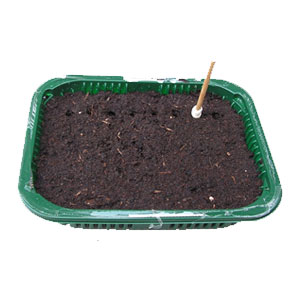 |
| Plants are weak, thin and spindly |
The most common reason for this is that plants are not getting enough sunlight, they need 6-8 hours per day. If they are in a shady part of the garden or greenhouse, try moving them. Remember that they will likely need a little extra water once they are out in the sun for most of the day. Another cause could be overcrowding, use a tool like a seed and plant spacing rule to get the correct spacing. | 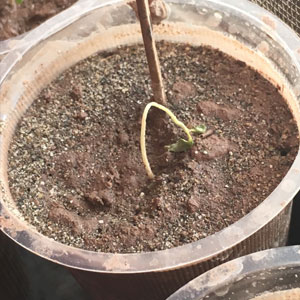 |
| Plants are growing slowly but leaves are a light green colour | Again this could be due to insufficient light so if this is the case move your plants into an area with more sunlight. Another cause may be that there is too much water in the soil so check your drainage and grow crops in raised beds if necessary. Finally, cool weather could be causing slow growth. Cloches and fleeces can be used to help promote growth until the weather warms up again. | 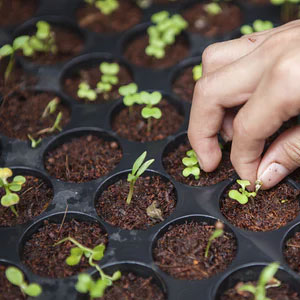 |
| Leaves are yellow but are not wilting | Yellow leaves are usually caused by two problems which are soil and light related. If you're getting yellow leaves it could be a sign that your soil is lacking potassium. If you have tested your soil and it's about right then it could be a light issue. Move your plants into sunnier areas of the garden or trim and prune any overhanging trees or plants to get more sunlight onto the area. | 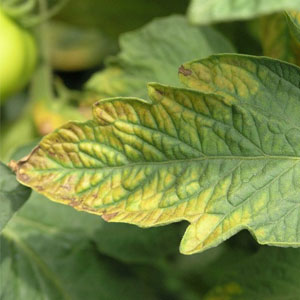 |
| Dark spots are appearing on the stems and leaves of plants | If you're noticing dark spots on the leaves and stems of your vegetable and fruit plants this could be a sign that they have some kind of disease. Unfortunately, there may not be much you can do about this apart from replanting varieties in their place that are less susceptible to disease. It's worth noting too that this can also be caused by chemical burns due to too much fertiliser. If it is applied directly to plants then this can cause damage. | 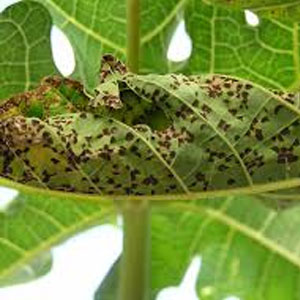 |
| Leaves are curling | Sometimes curling leaves are nothing to worry about as they can be caused by particularly heavy rainfall. If this is the case leaves will usually recover quite quickly. If you're worried that vegetables might be overwatered you can always add extra mulch to absorb additional moisture. If there haven't been heavy showers then curling leaves can be caused by aphids. These can be dealt with by removing them from plants by hand, gently shaking the plant and spraying the plant with diluted washing up liquid. | 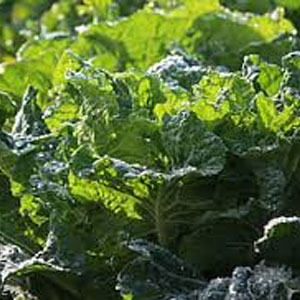 |
| Tomatoes aren't producing any fruit | Usually, a lack of fruit on your tomatoes is down to weather issues. If it's too hot or too cold then it will cause fruiting issues. You can remedy this by moving tomatoes into a potting shed with windows like this one or into a greenhouse. If this isn't possible then it might be time to look closer at the varieties that you are growing. Some will fare better in our changeable climate than others. | 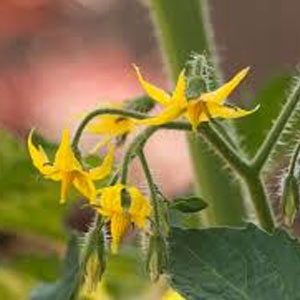 |
| Blossom end rot | There are a few circumstances that cause blossom end rot including a lack of calcium in the soil, the soil moisture levels being irregular and hot dry spells followed by heavy rains. If you are experiencing this on your vegetables then keep an eye on the amount of fertiliser and mulch you are applying. If you apply large amounts then too much moisture will be held in the soil. | 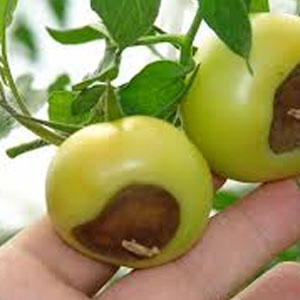 |
| Pests! | Pests are of course one of the most common garden problems and a typical reason why a vegetable garden is not producing. There are too many garden pests to list here but most can be dealt with by using protective netting and mesh. For example, a fruit cage will prevent birds and small animals from getting to your fruit and veg. On the other hand, super-fine insect mesh will stop smaller pests like carrot flies and beetles from attacking your crop. | 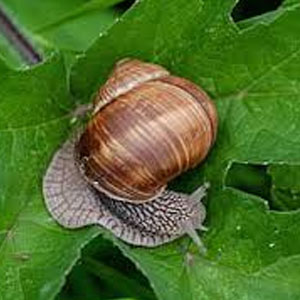 |
| You've got a poor harvest from your vegetable garden | It's important to remember that your garden may not thrive and get better year after year. One cause of a poor harvest could be because crops have not been rotated and have been planted in the same place every year. Another reason could be because seeds were planted too early or too late in the season. Keep a record of where you planted crops and the harvest you got from them. This will help you to compare results and optimise your patch. | 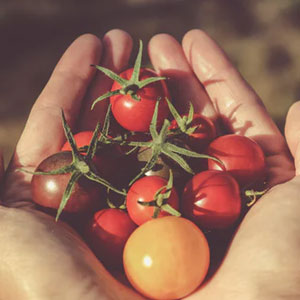 |








